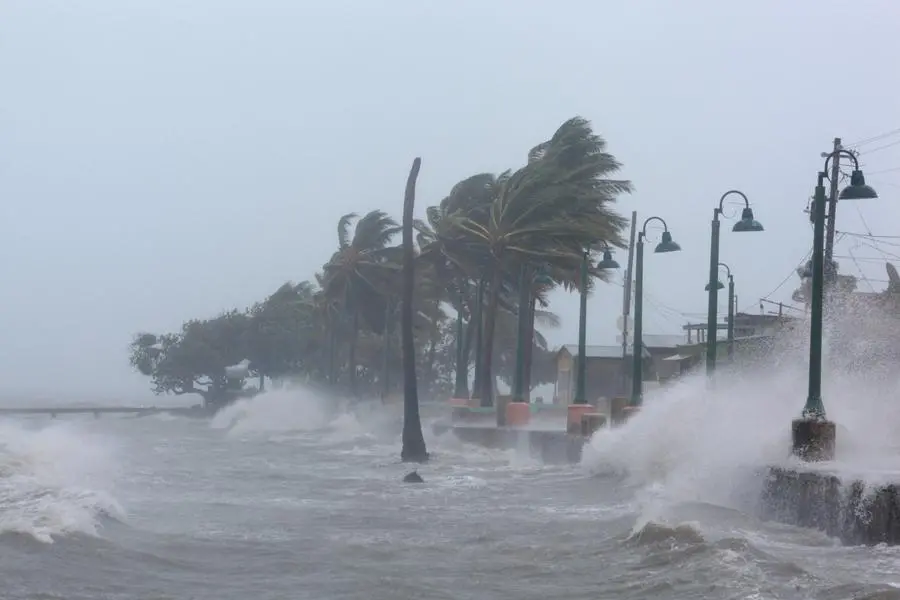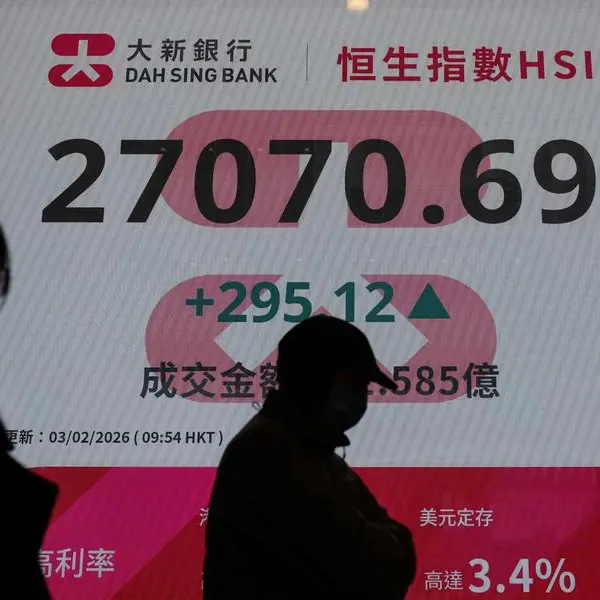PHOTO
LONDON - War and extreme weather are weighing on economic growth in countries covered by the European Bank for Reconstruction and Development (EBRD), the bank said in a semi-annual report released on Thursday.
The downward revision to 2.8% GDP growth this year and 3.5% in 2025 is a small change, shaving off 0.2 and 0.1 percentage points respectively. But it is the second downward adjustment for the lender's region, which covers emerging Europe, central Asia, the Middle East and Africa.
"Travelling through European cities, I see that the mood is very much down," EBRD Chief Economist Beata Javorcik told Reuters, adding that Europe was grappling with expanding conflicts and high energy costs.
"There is a sense that Europe (is in) some crisis."
While energy prices have moderated since their spike after Russia's 2022 invasion of Ukraine, Europe's gas prices are five times higher than those in the United States, the report showed.
Stagnating mining output in Kazakhstan and Uzbekistan, the conflict in Gaza and Lebanon, and severe droughts in Morocco and Tunisia are also clipping growth, it said.
Javorcik said Chinese stimulus measures could boost commodity-exporting EBRD countries, and that trade barriers had led Beijing to pour billions into Hungary, Serbia and Morocco - foreign direct investment that could rise further if global trade policy blocks more imports from China.
CONFLICTS
But Javorcik said the expanding crisis in the Middle East - with Israel bombing Hezbollah targets in Lebanon - would deepen Lebanon's political and economic crisis and hurt nearby countries such as Jordan and Egypt.
"It is quite likely that countries that are in proximity to the conflict in the Middle East will see an increase in the risk premium, so their borrowing costs will be higher," she said.
The EBRD also shaved 1.3 percentage points off Ukraine's expected growth in 2025, to 4.7% due to attacks on energy infrastructure, and said they could also cause inflation to accelerate.
"Imported electricity is more expensive, so it increases the cost. Moreover, there are blackouts, rolling blackouts... That's going to be detrimental for energy-intensive industries."
In Russia, though, the EBRD said growth of 4.7% outpaced expectations in the first half of 2024, driven in part by oil export prices that increased by more than 10% year-on-year.
EBRD analysis showed that the discount that importers paid for Russian oil, which once stood at $20 per barrel, had disappeared, casting doubt on the effectiveness of Western price caps.
"Sanctions are working but they are working slowly," Javorcik said. "It's an effect that is cumulative... and it is going to be slowing down Russia's productivity."
(Reporting by Libby George, editing by Karin Strohecker and Gareth Jones)




















